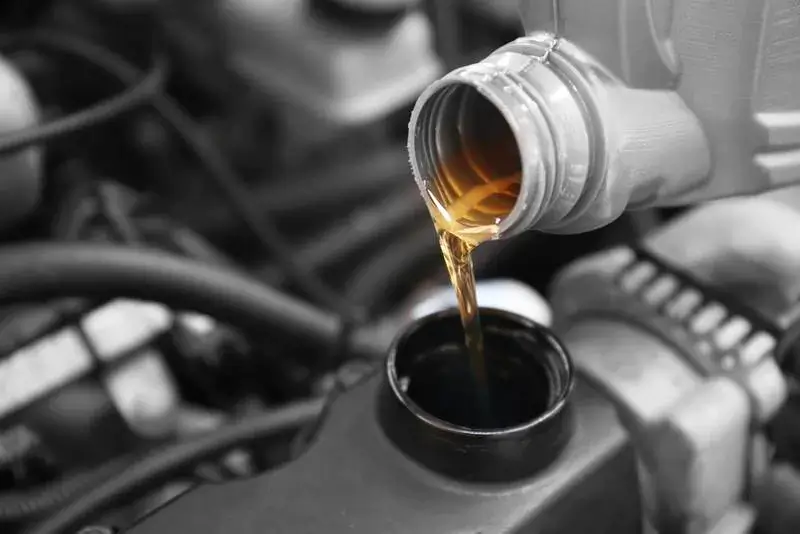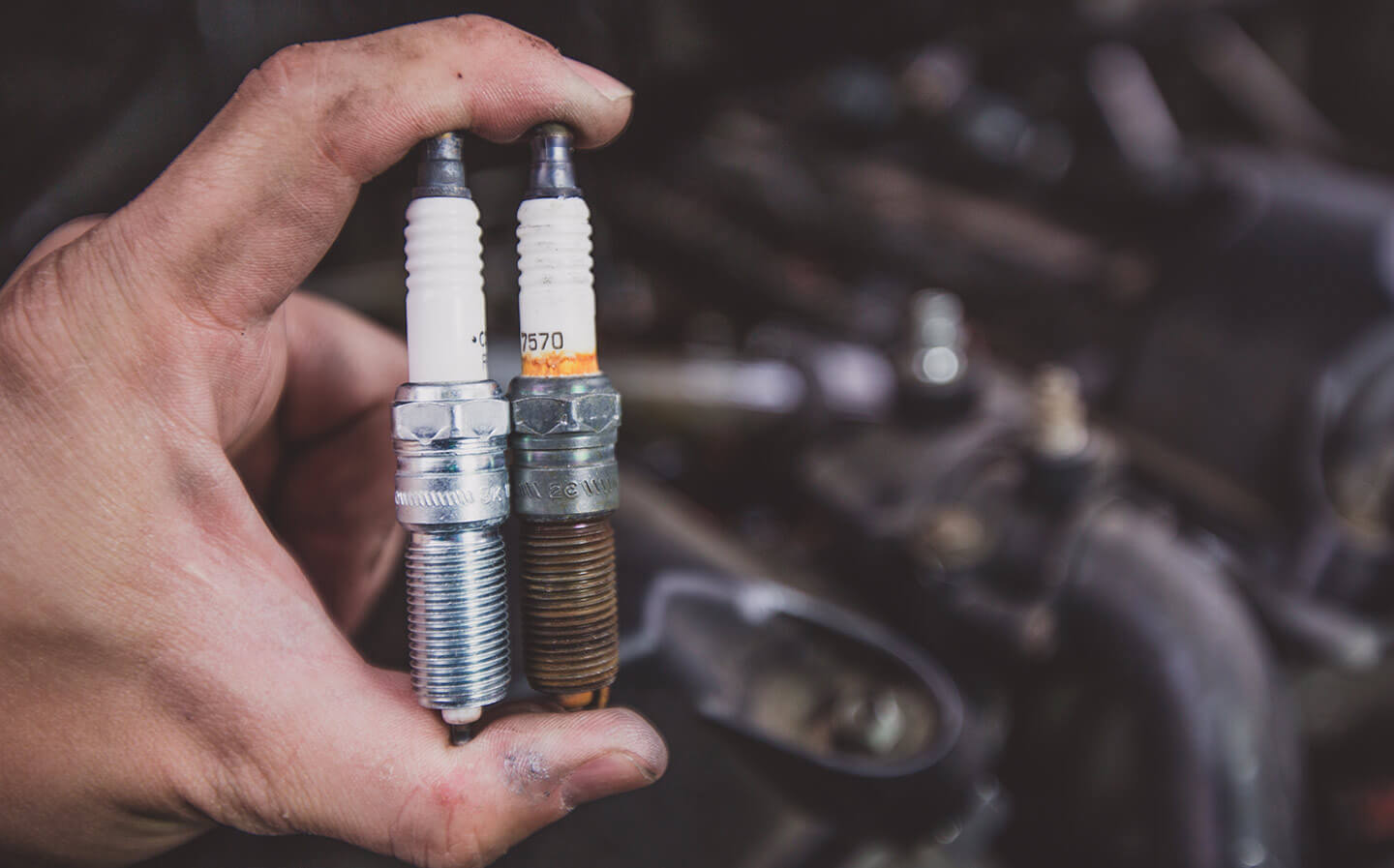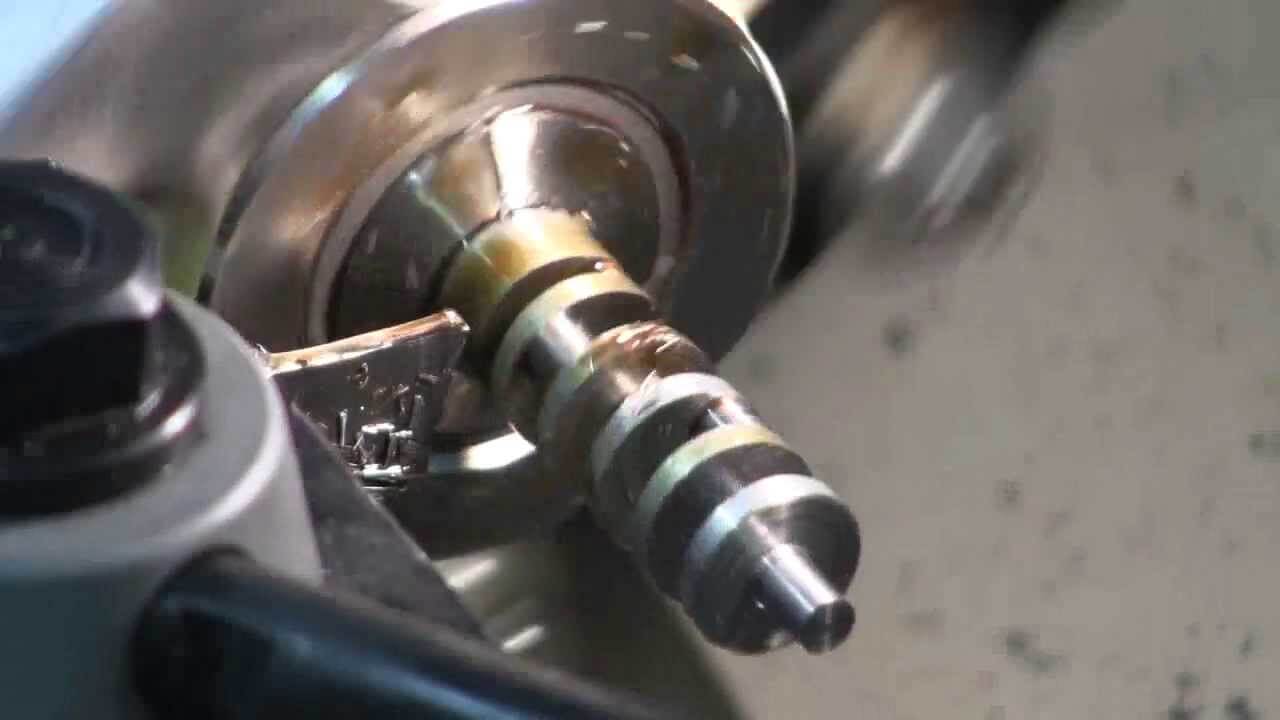Engine oil is the lifeline of a car. It is essential for engine performance. Insufficient engine oil or dirty oil can cause severe engine wear, and driving a car with low oil can be quite unpleasant.
What Happens If Your Car Runs Out of Oil
Engines break down when they run out of oil. There are parts inside the engine that move at high speeds and can create a lot of friction. Engine oil is the lubricant that allows the parts to glide smoothly without bumping into each other. When the engine runs out of oil, the engine begins to squeak, then locks up, and the car stalls.
The engine can be damaged or destroyed. Many drivers are not warned of low engine oil until it is too late. Newer cars have better diagnostic tools, such as engine oil pressure gauges and dashboards, to help drivers identify low oil situations.
In older cars, the “Check Oil” light on the dashboard is not enough to confirm low oil, so drivers often have to manually check the oil themselves.
Dirty oil can also have a negative effect on the engine. Over time, particles can build up in the oil. These particles can cause erosion of engine parts. For this reason, manufacturers recommend changing the engine oil and oil filter on a regular basis.
In addition, many drivers remove the dipstick and manually check the used oil by rubbing it with their fingers to make sure that there are no hard grains or particles. It is important to change oil filters, as many are designed to last no longer than 3,000 miles, which is the recommended mileage for an oil change. For this reason, most stores change the filters every time the car’s oil is changed.
What are the first signs of running out of oil in a car?
The oil change warning light indicates when the oil level in the vehicle has dropped. There are other signs besides the car’s oil level indicator. These indicate the need for an oil change.
Engine noises
Oil is designed to lubricate the engine parts of an automobile. It prevents metal-to-metal contact.
However, if the engine is not maintained properly, a loud knocking sound can be heard. You may also hear or see a hum coming from the engine compartment.
Oil Odor
Leaking car oil can create an oil smell inside the car. An odor of exhaust fumes or gas may also occur. This results in the vehicle overheating.
Exhaust fumes
When the car is running, the exhaust emits a clear mist. This is not a good sign.
What happens when a car runs out of oil?
If your car has an engine oil leak, several things can happen. These are
Overheating
Lack of oil can also cause the car’s engine to heat up. Many drivers assume that a properly functioning engine is protected from overheating by an intact cooling system.
But too little or no engine oil can also cause the engine temperature to rise. The engine cooling system helps when the engine overheats.
Damaged bearings
The crankcase rests on bearings that support the moving parts of the engine. It is the rotation of these bearings that generates the power when the car fires.
During operation, the bearings are lubricated. This is to prevent damage. However, if there is no oil left, the bearings can touch each other and fail.
Now let’s look at how a lack of oil can bring a car to a halt.
Well, yes! It’s quite normal. When the bearings fail, the engine stalls. This brings the car to a halt.
Engine Damage
 Lack of engine oil can lead to the destruction of your car’s engine. Therefore, you need to make sure that you always have enough oil.
Lack of engine oil can lead to the destruction of your car’s engine. Therefore, you need to make sure that you always have enough oil.
You can use the dipstick to tell if your engine has enough oil. The point should be near the center.
Oil maintenance for older cars
Oil problems are becoming more common as cars age; cars older than 10-15 years can have two problems: oil leaking from engine block parts or combustion. In either case, the oil reservoir can run dry and the problems described above can occur.
Drivers of cars with leaks or combustion should take care to check and change the oil, even between oil changes every 3000 km. Oil checks are often overlooked, especially before and after long trips, but they are essential to avoid inadvertently contributing to engine damage.
After all, keeping your engine oil-free is one of the most important aspects of car ownership. To keep your car or truck healthy for a long time, it is important to keep a logbook or checklist.
What should you do if your car runs out of oil?
When your car runs out of oil, you must realize that there is a bigger problem inside. But there are two solutions to this problem –
The simple solution.
The easiest solution is to fill up with oil. And if it turns over, that’s another matter.
Start your car. Then let it run for a few minutes before getting out of the car to check anything. Then turn the car off to start cooling it down.
Fixing a serious problem
The problem may be more serious and your car won’t start. In this case, try the following
Step 1: Change the oil
 Change the oil, and inspect the metal particles. Assess if significant damage has been done. Refill the oil if there are no particles in it. Determine the cause of the low oil level and correct the deficiencies.
Change the oil, and inspect the metal particles. Assess if significant damage has been done. Refill the oil if there are no particles in it. Determine the cause of the low oil level and correct the deficiencies.
If the problem is serious, a professional should be called in. For those interested in DIY, you will find more information below. You’ll need to follow the following processes we’ve outlined –
Step 2: Remove the spark plugs and remove the fuse from the oil pump.
 After the oil runs out, remove the spark plugs from the cylinders. Wait until each cylinder has absorbed engine oil before adding more. After this step, you can use a safety rod to try to start the engine.
After the oil runs out, remove the spark plugs from the cylinders. Wait until each cylinder has absorbed engine oil before adding more. After this step, you can use a safety rod to try to start the engine.
The results will determine if the engine needs to be rebuilt, replaced or repaired. In rare cases, you may be able to start the car in a few hours rather than a few days.
In some circumstances, you may need to perform these steps.
Step 3: Turn the crankshaft
 Adjust the harmonic balancer using a ½-inch jackhammer and the appropriate socket. These items will allow you to turn the crankshaft clockwise.
Adjust the harmonic balancer using a ½-inch jackhammer and the appropriate socket. These items will allow you to turn the crankshaft clockwise.
Use a hose and a jackhammer to free the stuck engine.
Step 4: Start the engine, install the spark plugs, and fuse.
Start the engine for ten seconds without lighting the spark plugs or fuel pump. This reduces stress on engine components by allowing the free flow of oil.
If you can start the engine, install the spark plugs and fuel pump.
Step 5: Insert the fuel circulation key
Place the key in the ignition switch for a few seconds. But not while your car is still in the starting position. Try to do this 3 or 4 times to ensure good fuel circulation. Then turn off the key.
Step 6: Start the engine and listen
Start the engine without turning it on. Listen for a popping or ringing sound.
After 15 minutes of running the engine, you may still not hear a knock. In that case, it’s time to go for a drive.
That’s it! Hopefully, you’re all set now!
What Happens If Your Car Runs Out of Oil | Video Explanation
FAQs
Question: Can an engine run without oil until it is damaged?
Answer: Without oil, the engine stops running. Engines can run without oil. But it will be so destructive and they only run for about 30 minutes before they break down.
Question: How long can your car run without oil?
Answer: The average oil change interval for a car is between 5,000 and 7,500 miles. Synthetic oil can also last 10,000 to 15,000 miles between oil changes.
Q: What should I do if there is no oil on the dipstick?
Answer: The engine can self-destruct in seconds if there is no oil in the engine. When the oil light has not yet come on, the dipstick shows no oil. There may be two quarts left. When this happens, the metal in the engine deteriorates. You will need to purchase a new engine to solve this problem.
Conclusion:
Improve your knowledge of what happens when your car runs out of oil.
Also, remember that it’s important to keep your car’s oil level clean and healthy. Perform regular checks whenever possible.
That way, you can take care of your car.

Hi, I am David Bailey a dedicated writer from Linden Bridge School with a degree in mechanical engineering and a degree in marketing. I strive to simplify complex subjects and like to explain complex and technical matters in an easy-to-understand manner. Read More Here
